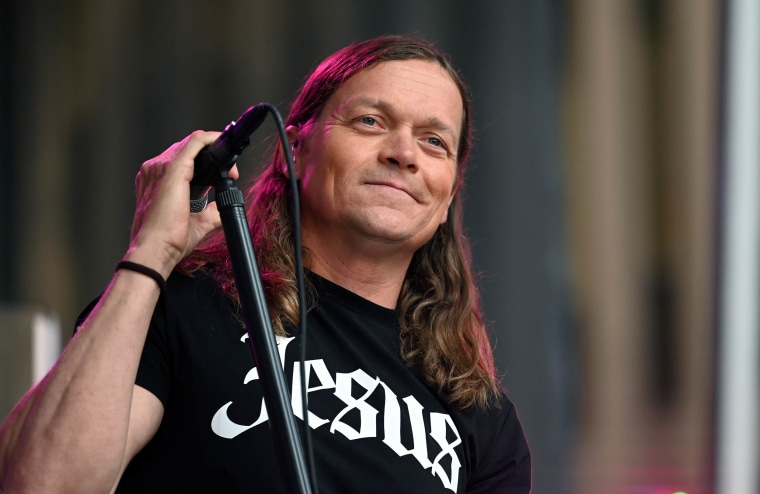Finding Realness Through Resilience: Brad Arnold and the Void in Modern Music
Explore Brad Arnold's battle with stage 4 cancer, shedding light on the emotional void in today's music scene. A story of resilience and authenticity.

In a world where the echo of digital perfection often drowns the rawness of reality, Brad Arnold, the resolute frontman of 3 Doors Down, stands as a beacon of authenticity. His recent battle with stage 4 cancer is not just a personal struggle but a poignant reminder of the emotional void that today’s music industry often leaves gaping. As Arnold faces this daunting challenge, his story offers a moment of reflection on what we’ve lost in the chase for sanitized, pre-packaged soundbites.

When Arnold turned to the 2008 hit "It's Not My Time" as his anthem, he wasn’t merely clinging to nostalgia. He was invoking the kind of earnestness and emotional depth that once defined rock music—a genre now often overshadowed by shallow, repetitive pop hooks. The song becomes more than a hit; it evolves into a personal manifesto against the overwhelming tide of superficiality in today’s charts, unmasking the hollow sheen of modern stardom.

The abrupt cancellation of 3 Doors Down’s summer tour, while disappointing, is a stark contrast to the unyielding churn of the commercial music machine. In an industry eager to replace genuine artistry with momentary thrills, this halt challenges us to confront the uncomfortable truths we tend to gloss over. It’s a reminder that, beneath the sheen, real life can and does upend even the most well-laid plans, and therein lies a profound beauty often lost in today’s overly curated narratives.

Support and Camaraderie
Support from rock stalwarts like Scott Stapp and Chris Daughtry highlights a camaraderie and depth overshadowed by today’s fleeting digital interactions. Here, within this community, exists a resilience and emotional depth that the broader industry seems to have forsaken. It’s a call back to an era when music was more than a product—it was a lifeline, a testament to shared struggles and victories.
Brad Arnold’s journey amidst his diagnosis stands as a solemn testimony to what we’ve overlooked in our pursuit of perfection. As we collectively pause and reflect, it becomes clear that the real void is not just emotional but spiritual—a hunger for authenticity and the raw, unedited stories that remind us of our shared humanity. In the shadow of this realization, we are challenged to reconsider the value of raw, heartfelt artistry over the ephemeral glam of today’s mainstream soundscape.
So here's to Brad Arnold, a figure unyielding in the face of adversity, and to the legacy of a band that reminds us of the emotional resonance that music should evoke. In their story, we find a call to return to the art of resilience—to mourn the loss of what was once real, and to seek it out again in our own lives.




